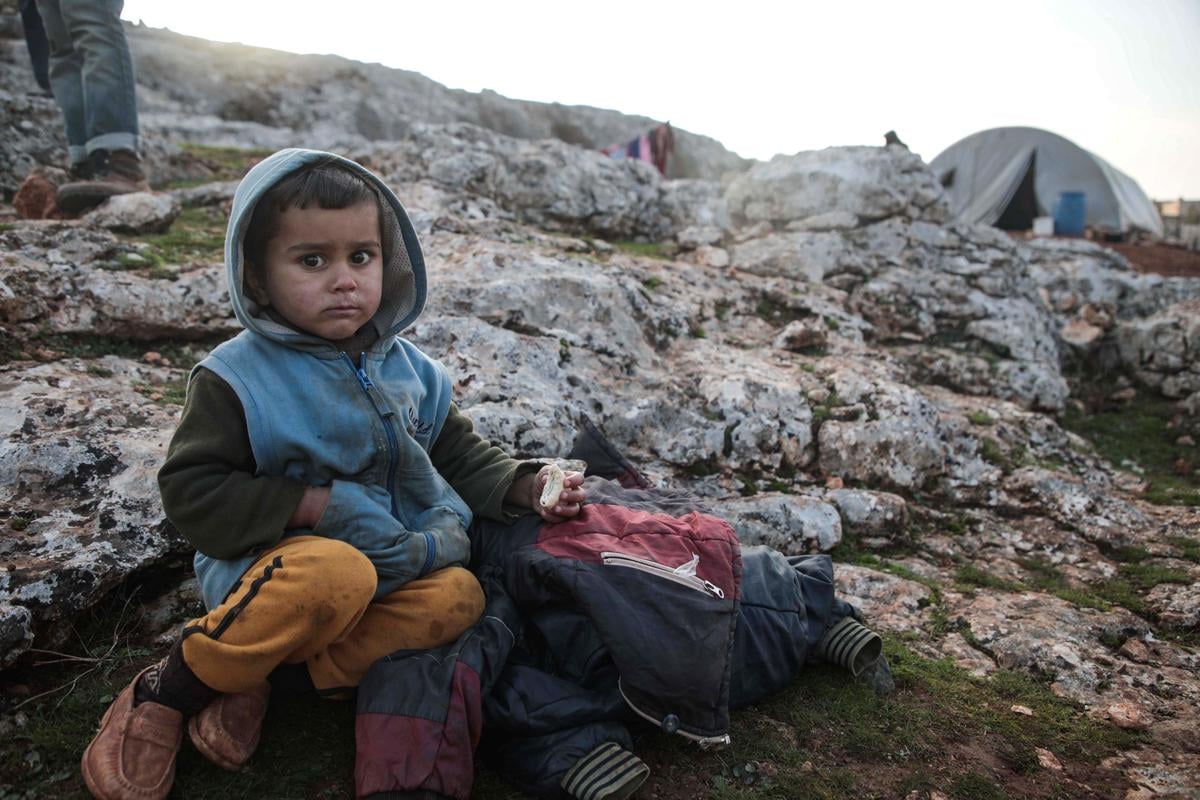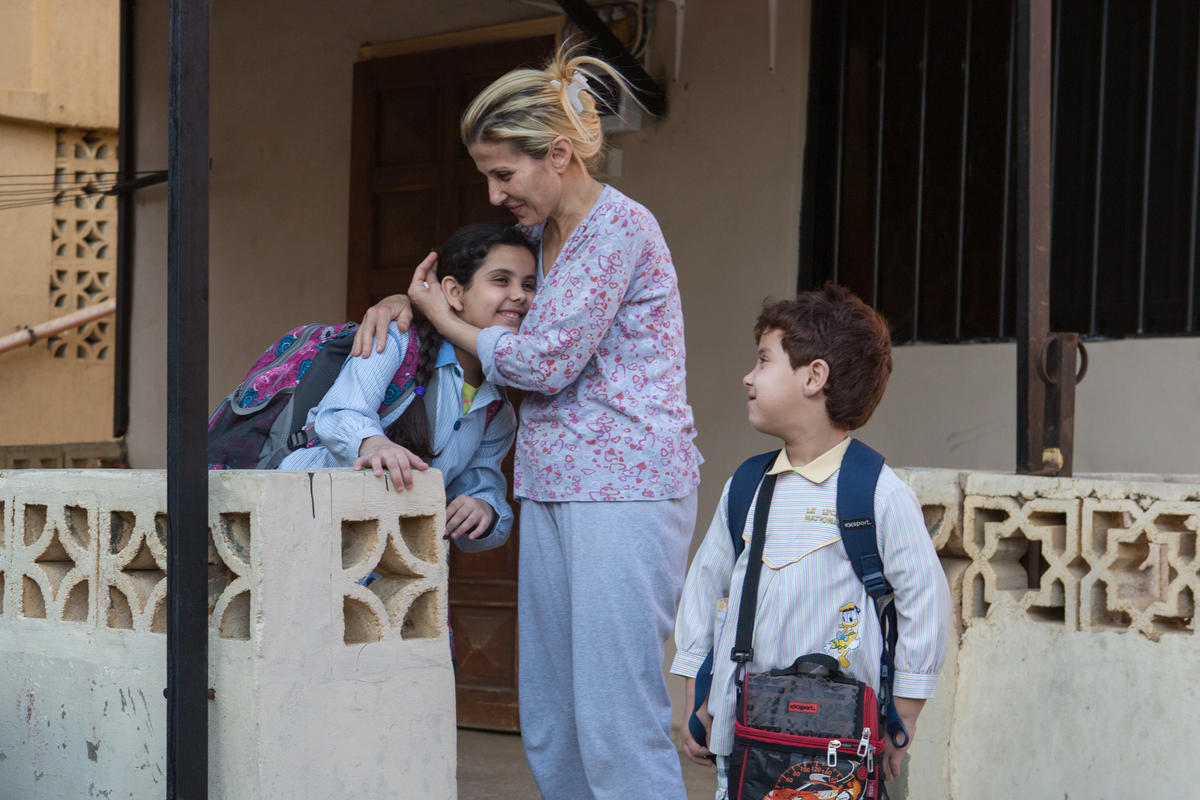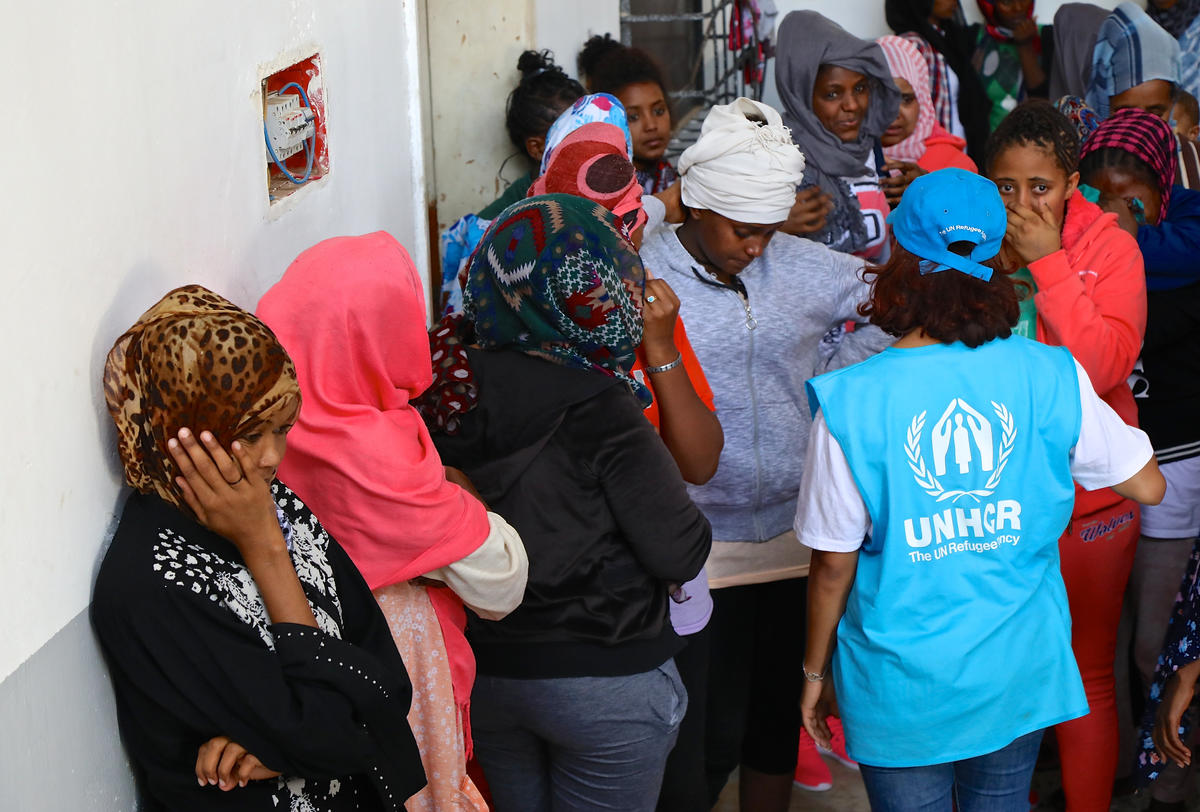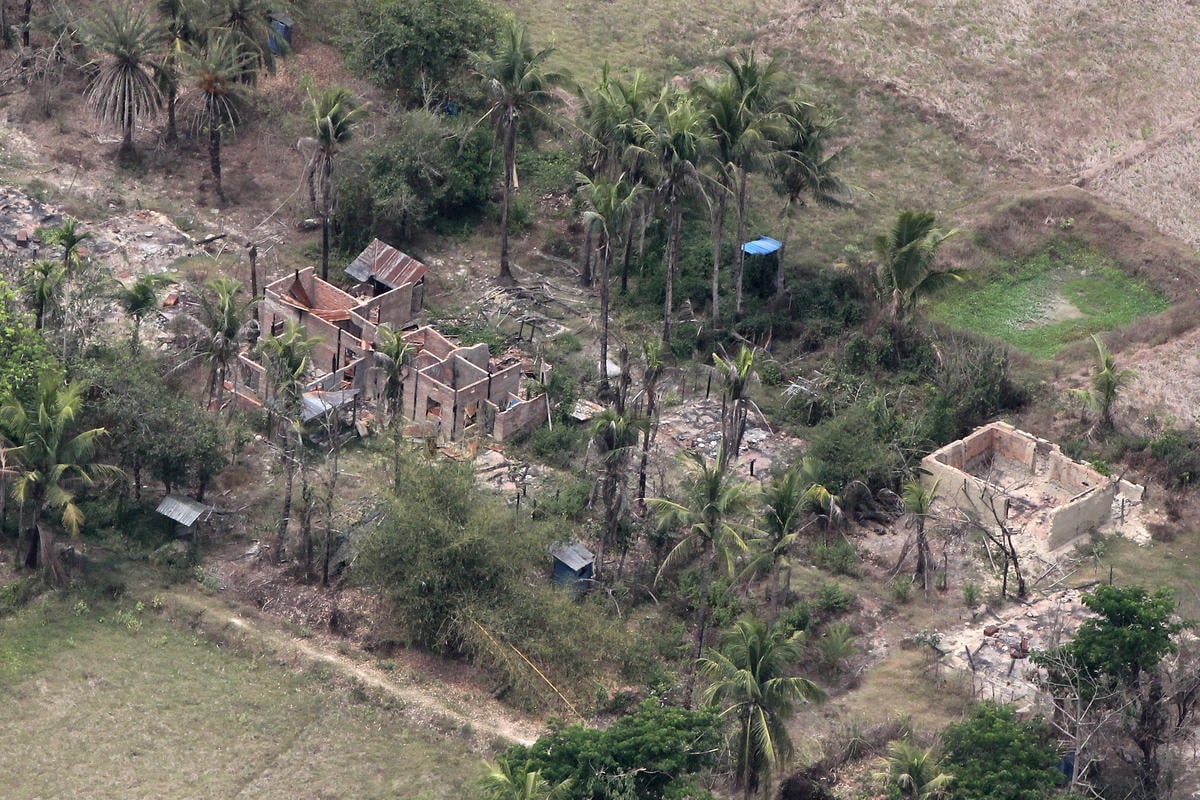UNHCR chief stresses need to improve refugee conditions in Lebanon
UNHCR chief stresses need to improve refugee conditions in Lebanon

BEIRUT, Lebanon, June 24 (UNHCR) - United Nations High Commissioner for Refugees António Guterres wrapped up a two-day visit to Lebanon this week by emphasizing the need to work with the Lebanese authorities to improve refugee protection provisions in the country.
In meetings Monday with Lebanese President Michel Suleiman, Prime Minister Saad Hariri and other senior officials and lawmakers, the High Commissioner expressed understanding for Lebanon's challenges as host to almost half-a-million Palestinian refugees.
Focusing on the 9,200 refugees, primarily from Iraq and Sudan, registered with UNHCR, Guterres expressed concern about their uncertain status and their risk of arrest, detention and deportation. "Detention should only be used in exceptional circumstances when there are security concerns," Guterres said after his official meetings.
The High Commissioner emphasised that the number of non-Palestinian refugees in Lebanon was small compared to the large numbers hosted by Syria (165,000) and Jordan (33,000).
He stressed UNHCR's commitment to find durable solutions for them, including resettlement. He noted that UNHCR is successfully finding third countries to take in a large percentage. However, many might not be placed for years to come, and also may never feel secure enough to return home. He urged flexibility in addressing these cases.
Following a meeting with Iraqi refugees in Beirut's Amel housing facility, Guterres also urged the Iraq government to create conditions for Iraqis to return home. "The establishment of a non-denominational government in Iraq is the best way to help improve security and allow the refugees to return home with dignity," he told journalists. He stressed the current state of security in Iraq "does not permit the return of refugees."
Lebanon, a small country of 4.6 milion people, is not a signatory to the 1951 Refugee Convention and lacks a governmental structure to receive asylum applications. UNHCR is the only body in Lebanon that undertakes the registration of refugees and works with the government for the protection of refugees and in finding durable solutions.
Guterres arrived in Lebanon from Syria, where he announced that UNHCR had referred the names of 100,000 Iraqi refugees for resettlement from the Middle East to third countries. "Usually people want to go back home where their roots are," Guterres said. "But conflicts are resilient and for many, their only hope is resettlement."









